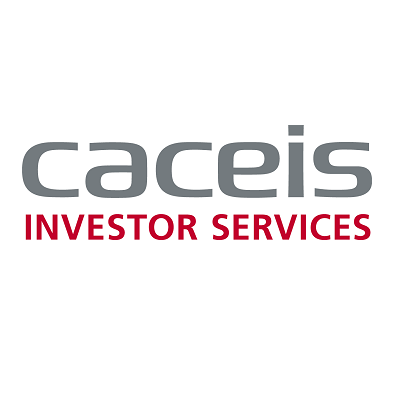Europe’s MiCA (Markets in Crypto-Assets) regulation dated as of 31st May 2023, came into force partially on 30th June 2024 for the regulation of stablecoins (tokens indexed on a stable asset like a security or a coin) and will be fully applicable to all crypto assets as of 30th December 2024. The creation of a harmonised EU framework for crypto-assets is a key milestone for the sector’s progress and keep Europe ahead in the appreciation of this emerging industry.
Until now, there were as many crypto-asset regulations as there are EU jurisdictions as illustrated by the different names given to this asset, for instance “virtual assets” in Luxembourg or “digital assets” in France.
This fragmentation causes real difficulties as crypto-assets are based on a technology which doesn’t know frontiers, as well as financial instruments are intended to be marketed on a cross-border basis, and any lack of harmonisation tends to complex, increase the cost and the legal uncertainty of cross-border transactions.
The European Commission intends MiCA to provide a harmonised framework for a marketthat is still largely unregulated. It promotes innovation while protecting investors against potential losses in a highly-volatile market. MiCA also introduces for instance provisions against market abuse and a strong level of investor protection, without making CASPs (Crypto-Assets Services Providers) fully responsible for events outside their scope.
By establishing an identical set of rules throughout the European Union, MICA is a decisive factor in attracting global players of this ecosystem to Europe. It is illustrated by the decision of the financial technology company, Circle, to establish a division in France in order to market its EURC stablecoin in Europe.
A key feature of MiCA is also the ability for crypto-asset service providers authorized under MiCA to benefit from the European passport enabling them to provide their services in all EU countries.
 “Although MiCA offers many advantages, questions remain as to its application. It is not clear yet whether all the regulatory technical standards currently being published by ESMA will provide the answers,” comments Fanny Thomas, Head of Legal - Clients Agreements and coordinator of the Crédit Agricole SA “regulation of crypto-assets” team.
“Although MiCA offers many advantages, questions remain as to its application. It is not clear yet whether all the regulatory technical standards currently being published by ESMA will provide the answers,” comments Fanny Thomas, Head of Legal - Clients Agreements and coordinator of the Crédit Agricole SA “regulation of crypto-assets” team.
For instance, regarding the transitional period until 30th June 2026, during which both the French Pacte Law and the EU MiCA regimes will be applicable in France - will a digital asset service provider registered under the Pacte Law and offering a digital asset custody service be authorised to hold a crypto-asset issued under the MiCA regulation?
It is within this framework, where some questions remain to be clarified but offering opportunities, CACEIS, which has already obtained a PSAN registration (a crypto asset provider registration under Pacte law in France) from the French regulator, is developing its digital asset services in order to meet the expectations of its clients, as fully and compliant as possible.



